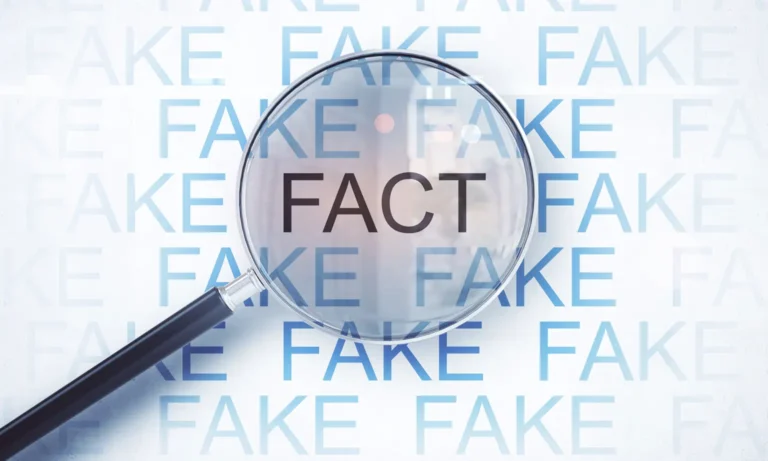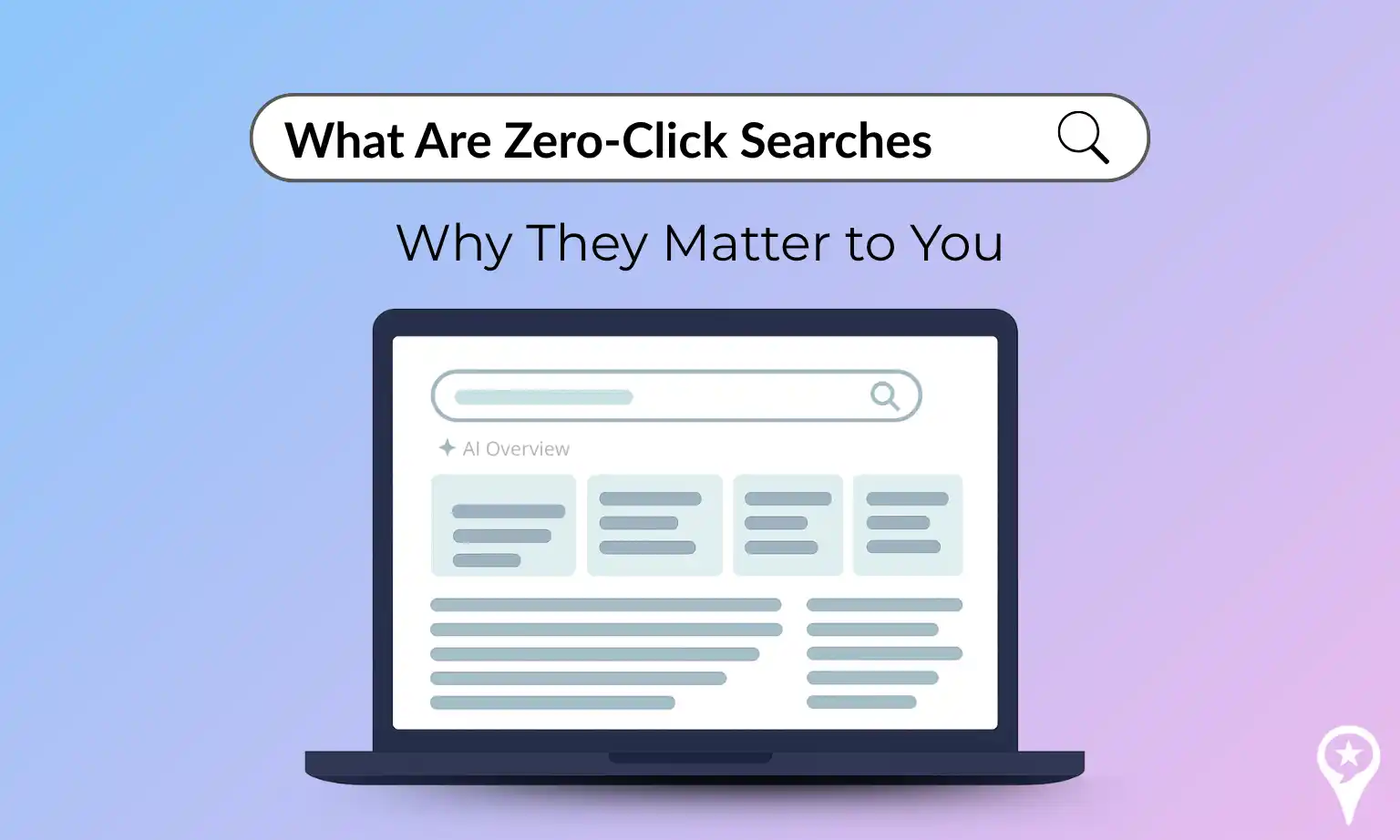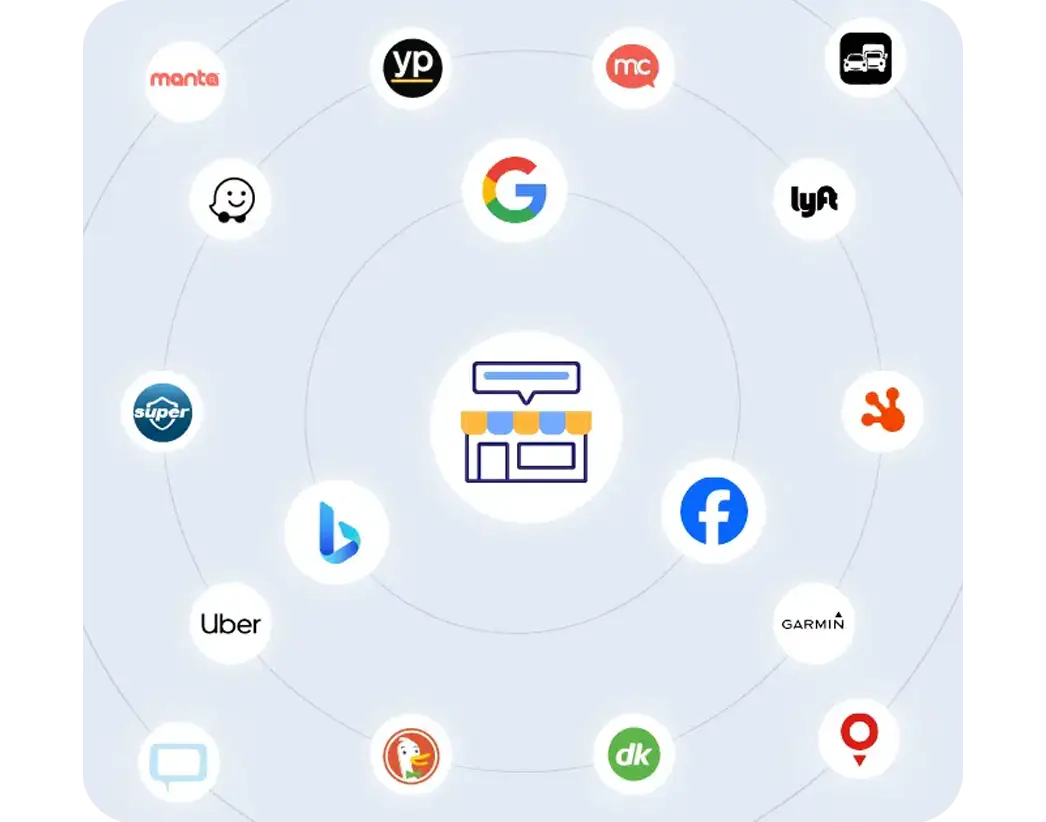
The FTC’s rule targeting fake reviews, issued in August 2024, is set to take effect on October 21, 2024. This rule focuses on curbing the creation, purchase, and distribution of fake online reviews, including deceptive AI-generated content. It aims to protect the integrity of reviews, ensuring that consumers can trust the feedback they see online.
In This Guide
What the FTC’s New Fake Reviews Rule Covers
Citing its existing authorities under Section 5 of the FTC Act, the new rule targeting fake reviews lays out several prohibitions:
- Writing, buying, or selling fake customer reviews or testimonials: Companies may not create, purchase, or disseminate fake customer reviews when they should have known such content was false. This includes deceptive AI-generated reviews. For example, it prohibits AI-generated reviews that falsely claim to be from a real person or that create a false impression of a customer’s experience with a product or service.
- Incentivizing and purchasing positive or negative reviews: The new rule prohibits offering incentives for reviews with an explicit positive or negative bias or buying reviews created through such incentives.
- Failing to disclose the nature of insider reviews or testimonials: Undisclosed insider reviews or testimonials are prohibited. This extends to reviews written by family members or outside agents if not disclosed properly.
- Deceptively claiming non-independent review sites as independent: The rule aims to prevent businesses from misrepresenting review sites as independent when they are not, helping to combat review mills while protecting legitimate players.
- Hiding negative reviews illegally: Under the new rule, businesses must label curated positive reviews if they selectively feature them. Hiding or suppressing negative reviews without transparency is considered illegal.
- Buying or selling fake social media indicators: The rule also prohibits purchasing fake likes, shares, and other social media metrics, which can unfairly influence online behavior.
Why Did the FTC Issue the New Rule?
FTC Chair Lina M. Khan emphasized that fake online reviews waste customers’ time and mislead them, often at the expense of honest businesses. The fake reviews rule addresses these issues, aiming to restore trust in the online review ecosystem.
With growing concern over AI-generated reviews, the new rule targets fake reviews, by introducing measures to ensure that reviews remain authentic and trustworthy. After years of limited enforcement, this rule represents a more aggressive stance by the FTC in responding to consumer complaints about deceptive reviews and practices.
What Are the Penalties for Businesses That Break the Rule?
The FTC has outlined a range of potential penalties for businesses found violating the fake reviews rule. Major offenders can expect to face significant fines as a deterrent, while minor violations may still result in sanctions under the FTC’s renewed commitment to enforcement.
The fake reviews ruling, should not impact businesses that already adhere to ethical review practices. It also includes provisions to address situations where businesses unknowingly share fake reviews, focusing on those who “should have known” about the fraudulent content.
Commitment to Honest Reviews: Aligning with FTC Standards
ReviewInc is committed to transparency and ethical review practices. While we support businesses in sharing authentic feedback, we do not create, buy, or promote fake reviews. Our approach aligns with the FTC’s fake reviews ruling by avoiding practices like incentivizing biased feedback, using undisclosed insider reviews, or misrepresenting the independence of review sites. We provide tools that help our clients adhere to these standards, ensuring that reviews remain a true reflection of customer experiences. Real reviews reflect genuine experiences and are always encouraged.
FTC Fake Review Ruling: Top Questions Answered
What is the FTC Fake Reviews Rule, and when does it take effect?
The new FTC Rule prohibits the creation, purchase, or dissemination of fake reviews and testimonials. It aims to protect consumers from misleading information and ensure that online feedback is authentic. The ruling, issued in August 2024, is set to take effect on October 15, 2024.
What practices are prohibited under the FTC Fake Reviews Rule?
The rule bans several deceptive practices, including writing or buying fake reviews, incentivizing biased feedback, using undisclosed insider reviews, and falsely claiming review sites are independent. It also prohibits the purchase of fake social media indicators like likes and shares.
How does the FTC Fake Reviews Rule address AI-generated reviews?
The rule focuses on ensuring that all reviews, including those generated by AI, accurately reflect genuine customer experiences. An AI-generated review should not mislead consumers about its source or the experience it describes. If the AI-generated content falsely claims to be from a real person or fabricates a customer experience, it would violate the rule. However, AI-generated reviews that are transparent and do not create a false impression would generally comply with the rule’s standards.
What penalties could businesses face for violating the FTC Fake Reviews Rule?
Businesses found violating the Fake Reviews Rule may face significant civil penalties, with fines for major offenders serving as a deterrent. Even minor violations can lead to sanctions, reflecting the FTC’s increased focus on curbing deceptive review practices.
Will the FTC Rule affect businesses that already comply with honest review practices?
No, businesses that already follow ethical practices should not be adversely affected by the rule. The new regulations aim to target deceptive practices and protect companies that maintain transparency and authenticity in their review processes.








